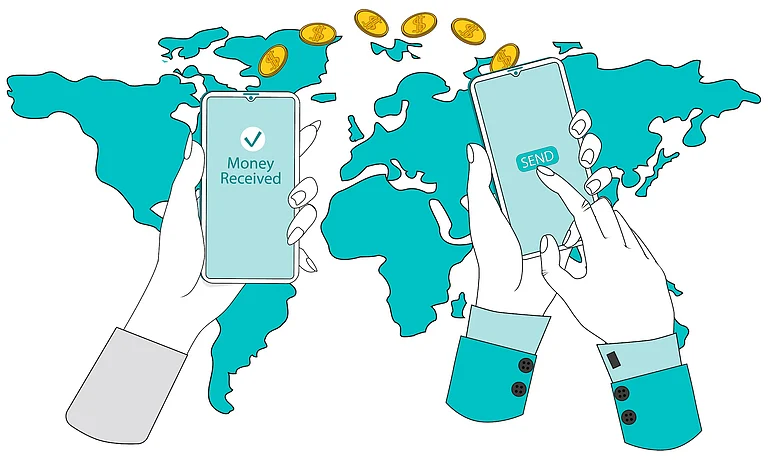Digital innovation in banking has transformed banking operations to a great extent by way of automation, and increased use of banking applications and electronic payments mechanisms. However, despite these advancements of improved convenience and efficiency, they also pose challenges of cybersecurity threats and privacy breach.
Let’s look at how banks are finding a balance between innovation and security.
A] Overview Of Digital Innovations In Banking
1] Mobile Banking Apps: Mobile banking applications are digital platforms offered by banks that enable users to carry out a variety of financial transactions straight from their smartphones or tablets. These applications allow users to monitor account balances, transfer funds, pay bills, as well as view transaction history, all from a single interface.
2] AI-Driven Financial Services: AI-driven financial services work towards improving several facets of banking through the use of AI technology. Machine learning algorithms forecast financial trends and analyse consumer data. Advanced fraud detection systems and chatbots are two more ways AI technologies enhance risk management and automate customer care services.
3] Digital Payments: Digital payments refer to a range of electronic solutions that have replaced the need for physical currency or cheques in carrying out financial transactions. This includes mobile wallets, contactless payment systems, and online payment platforms. Digital payment technologies facilitate fast and secure transactions by using encryption and tokenisation to protect payment information.
B] Benefits Of Digital Innovation
Here are some key benefits of digital transformation in banking.
1] Enhanced Customer Experience: Digital technologies enable banks to offer personalised, seamless and more responsive services to customers. With digital banking solutions, customers can access services anytime and anywhere.
2] Operational Efficiency: Automation and digital procedures help in simplifying operations, decrease manual mistakes, and lower operating expenses. This efficiency leads to improved service delivery and quicker reaction times.
3] Improved Accessibility: Banks can quickly create and launch new goods and services using flexible technology. Mobile and Internet banking systems give users access to financial services at any time and from any location.
4] Data-Driven Insights: Digital transformation provides banks with massive volumes of data that can be processed to better understand consumer behaviour, and thus offer personalised financial solutions.
5] Faster Transactions and Convenience: Digital payment allows processing of transactions in an instant, thereby making them efficient and less time consuming.
C] Risks In Digital Innovation
Here are the major risks associated with digital innovations in banking.
1] Cybersecurity Threats: Cyberattacks that impact digital infrastructure include fraud and data breach. Therefore, banks need to implement strong security measures to prevent access to such sensitive data by hackers.
2] Data Privacy Concerns: The excessive collection and processing of personal data might raise privacy concerns. Unauthorised access and exploitation of personal information are potential risks that necessitate stringent data protection policies.
3] Compliance And Regulatory Challenges: Navigating complex regulations and compliance requirements for digital technologies can be challenging. Banks must stay up-to-date with evolving legal standards to avoid penalties and legal issues.
4] Digital Divide: For those who don’t have access to technology or are not digitally literate, breakthroughs in the digital domain can further widen the gap between the digitally literate and those who are not. So, banks have to take adequate care to ensure that all customers have fair access to financial services.















